Feature: The Theatre Lab School of the Dramatic Arts celebrates Thirty Years of Arts Education Excellence
Staff and students reflect on the arts education institution's milestone anniversary.
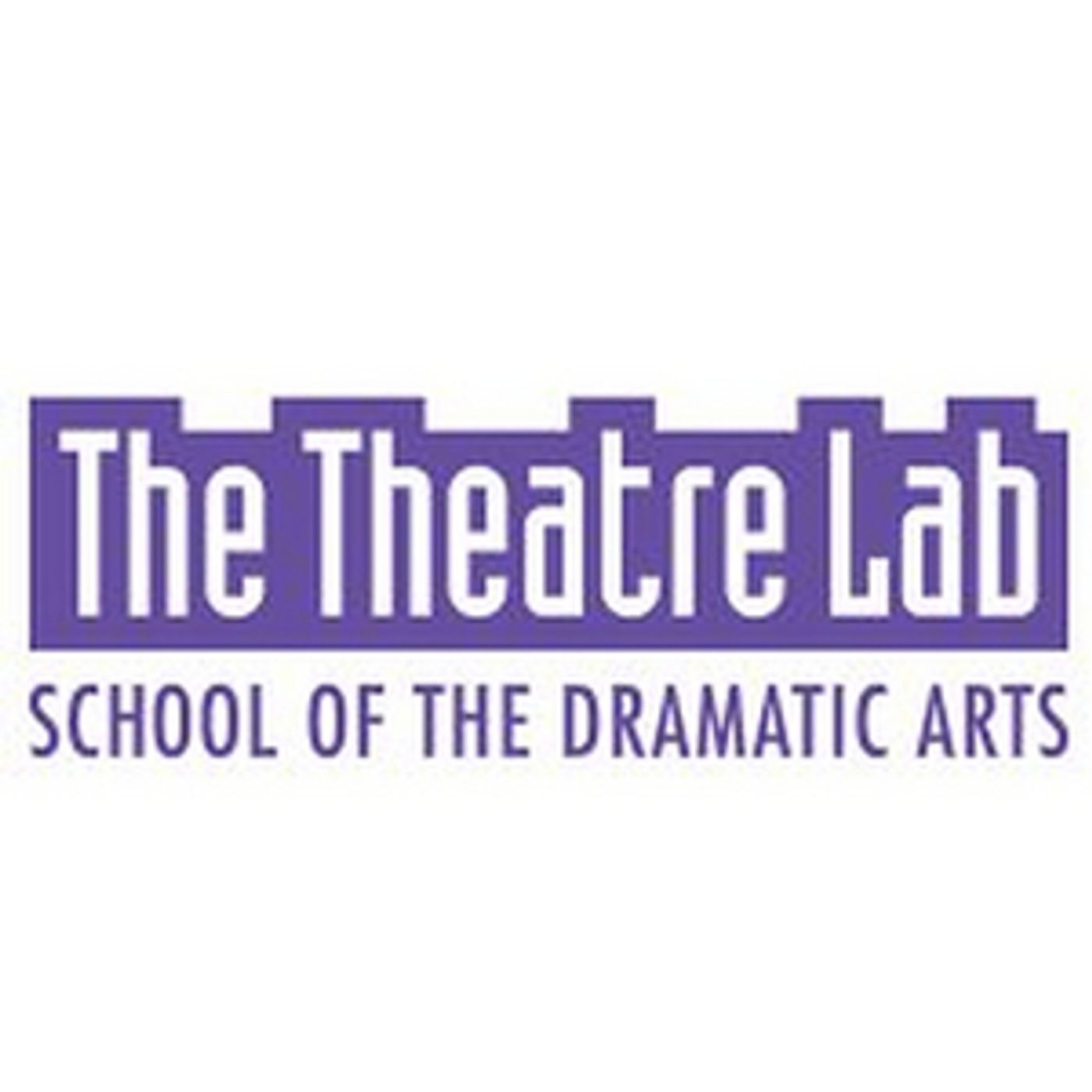
This week marks a very important event for DC area arts education. On June thirteenth 1992, The Theatre Lab School of the Dramatic Arts (TTL) held its very first class and co-founders Deb Gottesman, Buzz Mauro and Michael Rodgers never looked back.
The organization has changed locations a few times over the last thirty years but the quality of the work that Theatre Lab's instructors and administration have given to hundreds and hundreds of students has always remained at the top of its game.
If you are a frequent reader of my work then you already know that I am a big fan of The Theatre Lab School of the Dramatic Arts and it's for many reasons to be sure. I am going to give you a few of mine and then get out of your way so you can hear from a few of the staff, some former students, and two of the co-founders.
First off, Theatre Lab presents musicals and plays that are not your standard arts education fare. How many productions of Annie can you take? This is actually how my wife and I found Theatre Lab in the first place. On one of our first dates, we saw a card for Theatre Lab's Summer Musical Theatre Institute. The shows being presented were Jane Eyre, The Secret Garden, and Side Show. We walked into Jane Eyre preparing to make fun of everything because our thought was who would dare to present that show as an arts education production. It was not a hit in NY and had not had much luck in regional theatres either.
A few things about that production made us change our minds real fast. With only three musicians (Buzz Mauro on keyboard, Joshua Coyne on violin and Cheryl Branham as the second keyboardist) the score sounded remarkably full.
Secondly the actress playing Jane Eyre was what you would call a powerhouse performer. Her name was Tina Ghandchilar and we were so impressed with her performance we brought her to NY to sing at our wedding.
We were incredibly impressed that the production was stripped down scenery wise. Partly out of necessity but more so because it helped tell the story better.
We came to find out after the performance that some of the cast had never performed onstage before. We couldn't believe it. The level of talent in that show was something I will never forget.
Theatre Lab never has never considered itself a producing organization in fact many of their productions are based in their Creating a Musical Role Class where students are taken through the entire process of putting on a production from the first table read onward. Imagine being a first-time performer and being thrown into a full production complete with tech week and a grueling rehearsal process. It makes you fully realize how much of a team effort it is for getting a show up. Nothing just materializes.
Lastly, the most important thing about Theatre Lab to me is the philosophy that arts education should be accessible for all regardless of your economic situation. Read on to see how much scholarship money Theatre Lab has distributed over the past thirty years. The number is both jaw-dropping and staggering.
Very few things stay the same but The Theatre Lab School of the Dramatic Arts has been and continues to be a driving force in arts education. With a staff comprised some of DC's best performers and more, an administration that always puts the students first instead of their own egos, and a passion that is awe-inspiring, it's clear as to why the organization continues to be as excellent as it is and remains, in my opinion, the best arts education institution in this area.
You say you need more proof? What follows are some testimonials from just a few of the staff and students who have benefited from The Theatre Lab's greatness.
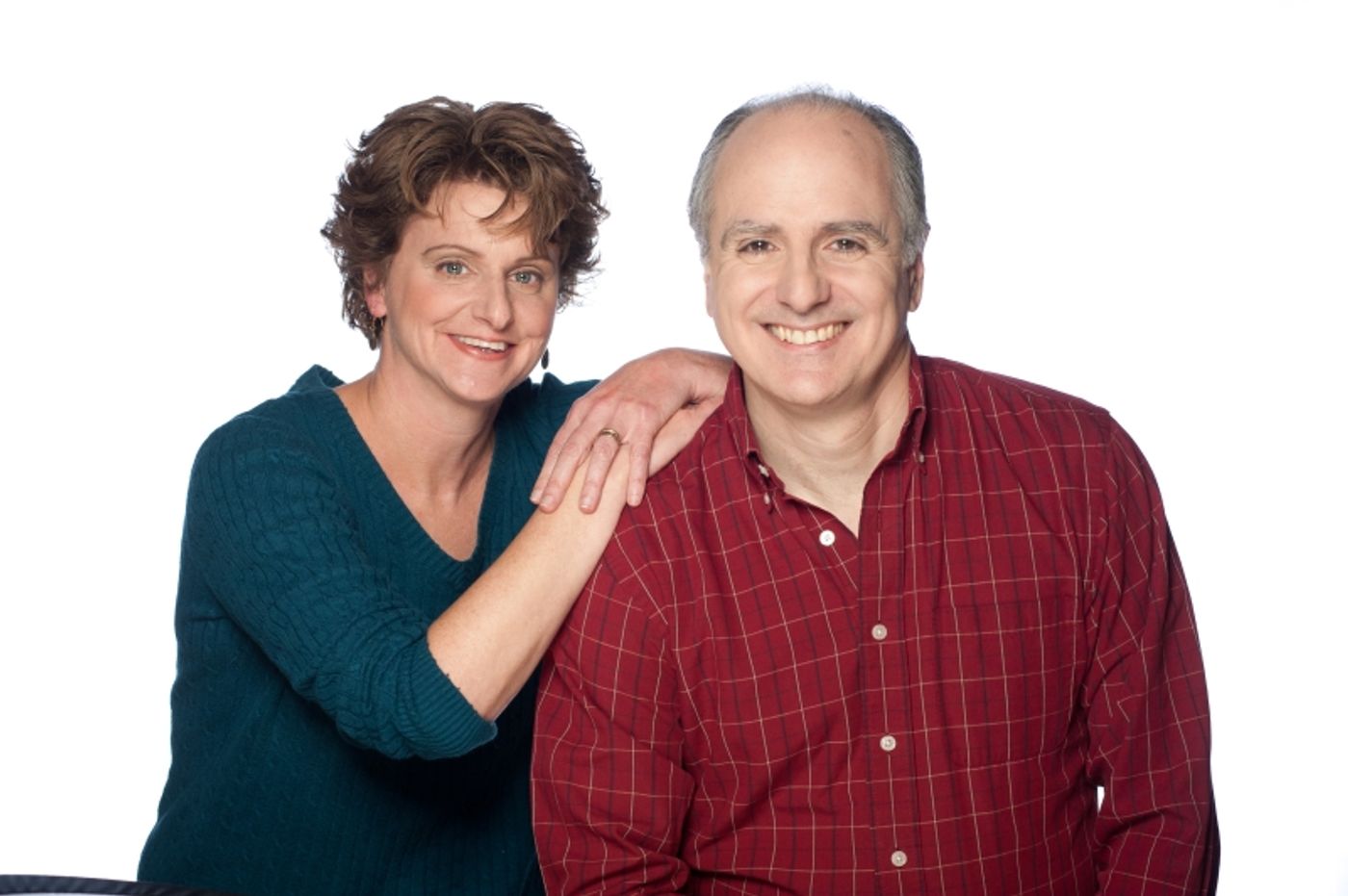
Do you happen to recall the exact date of your first TTL class, as well as what was your first play and musical produced?
Deb- Our first class (5 students in my mother's office space, taught by me and Buzz)-June 13, 1992. We didn't start producing plays with adults until much later but we did a production of A.R. Gurney's the Dining Room in summer 1993 with 12 teens in our first Summer Acting Institute for Teens (DCAC). Even back then, though, our productions were more about the process and what each individual is learning than anything else. Our first adult play for our Creating a Role class was Three Sisters in 1995. We did it at our then home-base, The Wesley United Methodist Church in NW. Our first musical was for the teen programs, directed by Jane Pesci Townsend, in 2001--Quilt (we did it at Source Theatre). Our first musical for students of all ages (Creating a Musical Role class) was Ragtime in 2004, directed by me and Buzz.
I seem to remember you saying in a previous interview that TTL started in one of your homes? How long was it before you realized that you needed an actual building/space to teach in?
Deb-The office remained in my bedroom for four years until we got our first office space--a dump near Dupont Circle. Our spouses surprised us with a small refrigerator for our new office. That fridge survived until just last year! At first our classes were in my mother's office space, she ran a small publishing company called Piccolo Press, in Alexandria.
Within a year we realized we needed space other than my mother's office to teaching. But it was four years before we decided that we couldn't use my bedroom as the office! (We always met students at our teaching spaces.)
Eight students at a time was really the max in there, so within a year we were renting space at DCAC and at Wesley Church.
I also want to note that Michael Rodgers, a local actor and singer (and Deb's roommate), took over the business side of things really early on, so there were three of us growing the organization. He moved on after 15 years but then came back and joined the board, so he has been actively involved this whole time.
Thirty years and a pandemic later, did you think TTL would still be thriving?
Deb- I didn't think about any of that when we were starting The Theatre Lab. We were just trying to find a way to put our M.F.A. acting degrees to work--hoping to coach people for auditions--while we were building our own careers as actors. But I fell in love with the teaching and the whole community that was forming here. And I got really excited when I discovered all of the real-life benefits that theatre education brings to people like increased self-confidence, improved communication skills, and feelings of connection. A lot of the work we do today with Life Stories and our scholarship programs is a direct outgrowth of that discovery: Like, if theatre education is such a powerful agent of positive change, why should it be limited to people who have the means to seek it out? That's a long way of saying that, while I couldn't have predicted we would still be around, I am so grateful that we've had the chance to grow into ourselves!
Buzz- I remember applying for things like the Mayor's Arts Award in our early years and seeing that organizations that had been around for 20 years were the ones winning that kind of thing - and thinking 20 years felt like a lifetime. (Not that I was actually 20 at the time. I was 30.) I don't think either of us actually thought that far ahead, but if you had asked me if I thought The Theatre Lab would still be around in 30 years, I probably would have said, "Who knows? But I hope so!"
I had been a teacher my whole adult life, teaching math to middle schoolers, then English to Haitians, then math and English to high schoolers, and eventually calculus to business students to help keep body and soul together while studying drama at Catholic U., where Deb and I met, became friends, and got our MFAs together. (But no, we're not a couple.) So, I loved Deb's idea of putting out a shingle to do drama coaching after Catholic, and I was interested really on in expanding to actual classes.
To date, how much in scholarship money has TTL awarded to those who otherwise wouldn't be able to experience arts education and theatre in general?
Deb- Over 2 million across the 30 years.
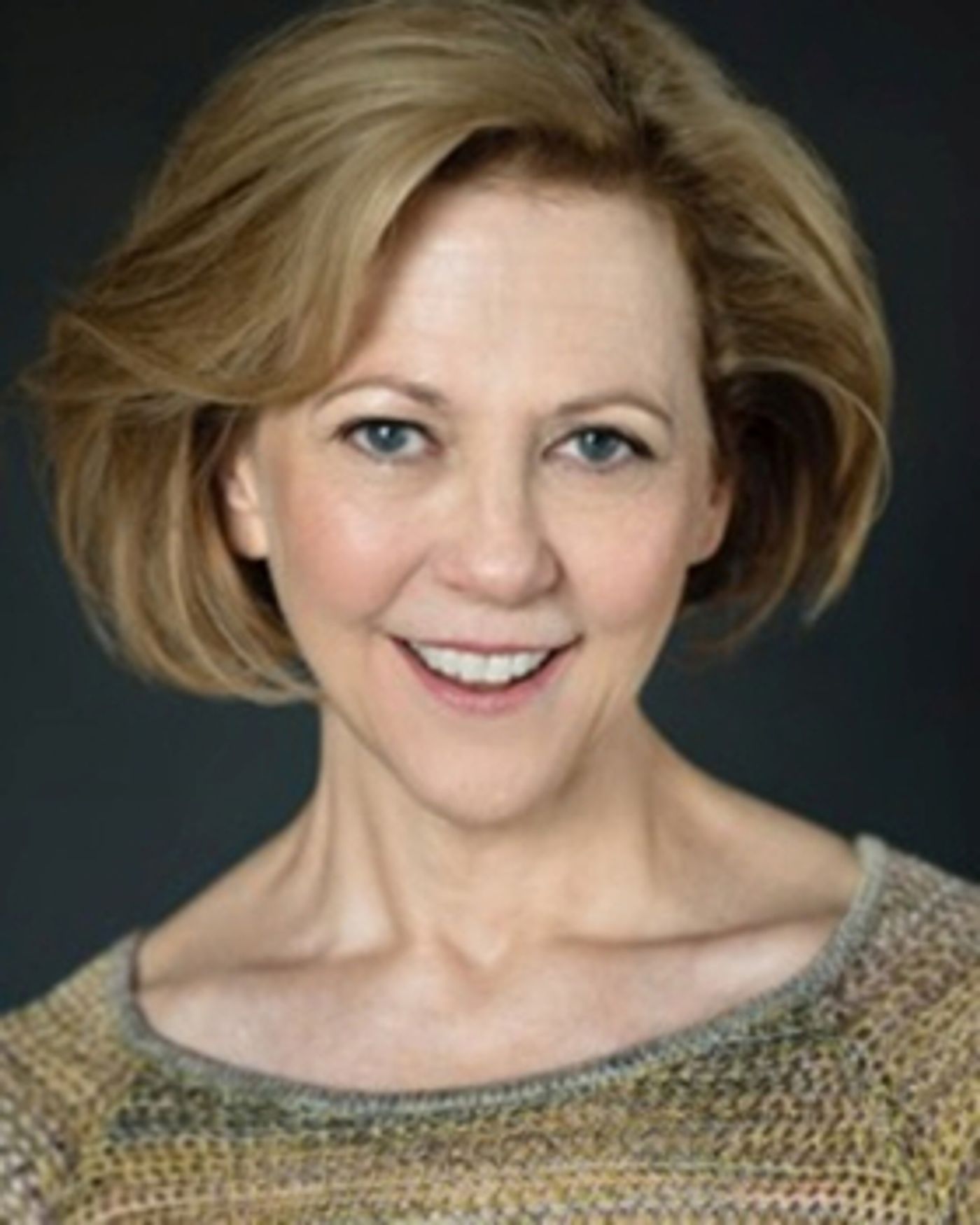
How did the Honors Acting Conservatory program come to be?
I had been teaching for Theatre Lab for thirteen years and loving the creative freedom and the close connections with the students when the organization's founders, Deb Gottesman and Buzz Mauro, approached me about the idea of an intensive year-long training program to help adult actors transition into the professional community. This was in 2006. I was intrigued, and a series of collaborative conversations and planning sessions commenced to build a curriculum that would be rigorous, practical, inclusive, and engaging. Deb, Buzz, and I were like-minded in all of the important ways and also different enough to afford the program a variety of strengths and approaches. I think we knew right away that we had something valuable to offer and would also have a great time doing it.
What are you most proud of in terms of being a part of The Theatre Lab's teaching staff?
Seventeen years later, I'm proud of a number of things: our survival through two-and-a-half pandemic years, two of them taught partially on zoom, and this year in-person but navigating a wildly infectious COVID variant. We have remained invested in our students' journeys during and beyond their Honors year. The most gratifying reward is when I encounter an Honors alum in a cast and have the chance to perform with them. This has happened a number of times - at Ford's, at Folger, at Theater J - and it is always special for both the student and myself. The program was always fueled by a love of actors and of the unique DC theatre community, so it is satisfying when those two converge.
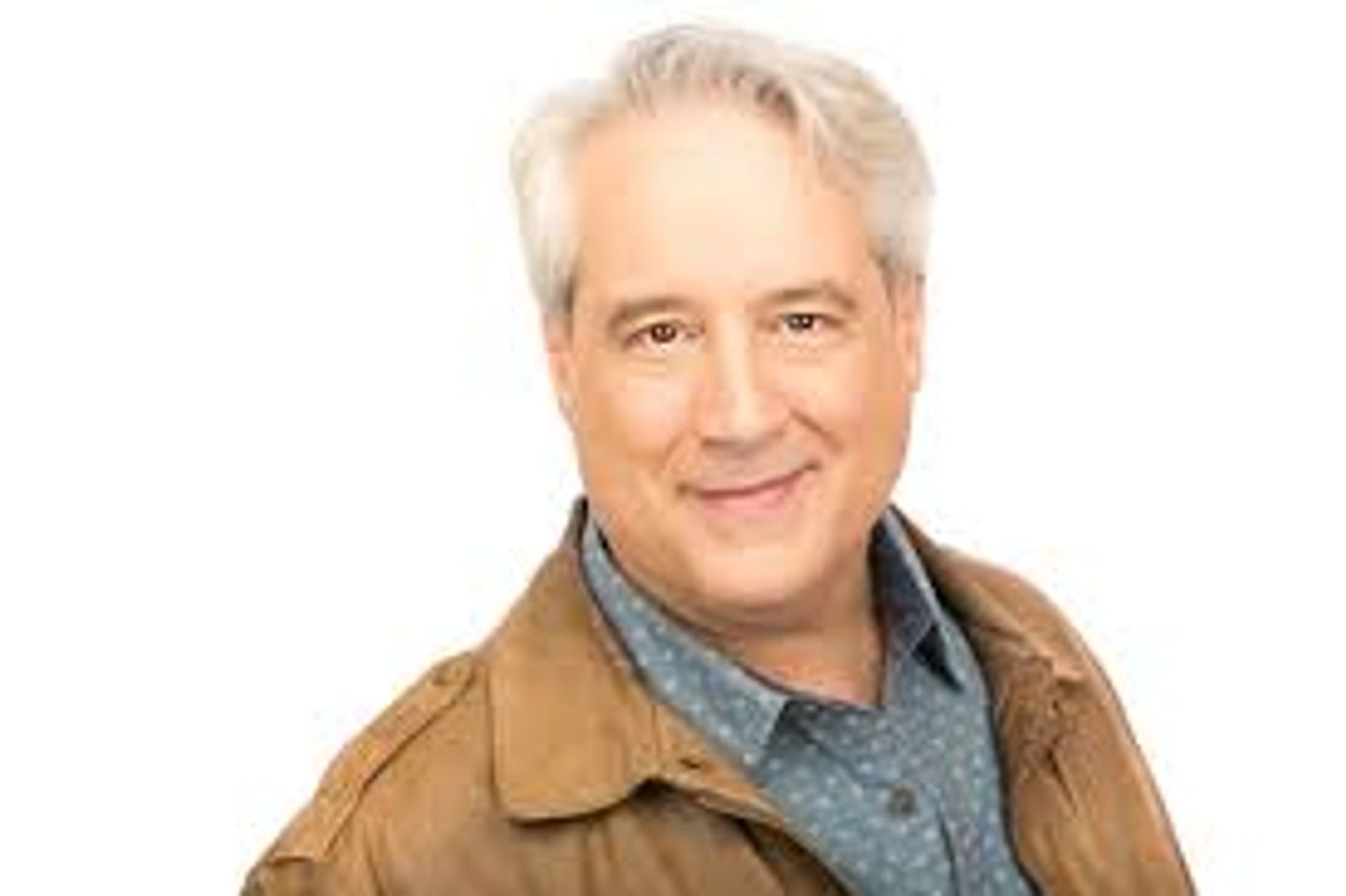
How did you come to be working at Theatre Lab?
I had known Deb Gottesman from a show we were both in at Woolly Mammoth called Wonder of the World. She asked me to teach a class, I believe. It might have been a scene study class, or an auditioning class. It was very early on in Theatre Lab's existence. And as I recall, for a year or so, we were teaching out of Deb's mother's office in Old Town Alexandria.
As an artist, what is the most gratifying thing about being on the staff of Theatre Lab?
The most gratifying thing is seeing a student "get it", and finally understand what acting is all about. It's an "aha!" Moment, when they finally understand how to do the work. It's usually accompanied by a new respect for the craft, and a realization that good acting takes a lot of hard work. And then, of course, it's really gratifying to see students go out into the world and succeed.
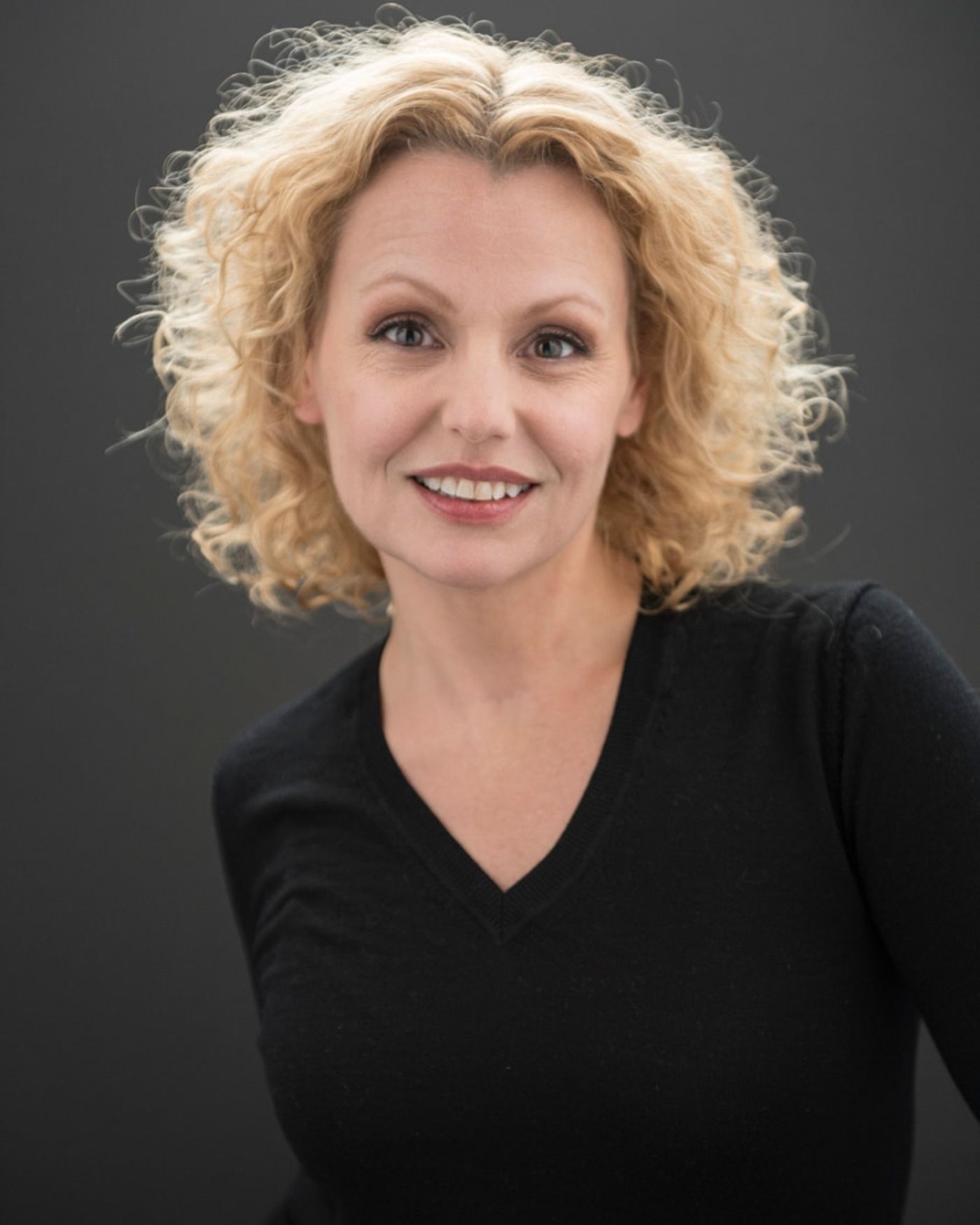
How did you come to Theatre Lab in the first place?
I was fairly new in town and I was looking something to do in the summer and somebody had suggested applying for Theatre Lab's summer acting camps to I got the job and had a wonderful first summer in DC. Immediately, they were talking to me about what else I could teach. I just sort of felt part of the family from the very beginning and taught in the summer camp for maybe five years and then started teaching the teen camp not long after that. I then eventually moved over to teaching adults almost exclusively.
What's the most gratifying thing about teaching for Theatre Lab as an artist?
One of the things I really love about it is that you're meeting students who are coming from such varied backgrounds. Some of them are just getting the idea that they would like to act possibly while others have a background in it, but stepped away for a long time. I've had many students who are recently retired military who are looking for something new and they remember enjoying it. You just get to meet them where they are. Everybody's journey to Theatre Lab has been so different that it creates a very diverse environment to work in. It makes the work we're doing just better for everybody.
You have now heard from some of Theatre Lab's staff and two of its co-founders. Before moving to on a few of the students, I wanted to point out that Theatre Lab has a true family environment surrounding it. If you are going through something in your own life, Theatre Lab can be a great source of support for you emotionally. What follows is a testimonial from one of Theatre Lab's longtime staff members who has been in that position.
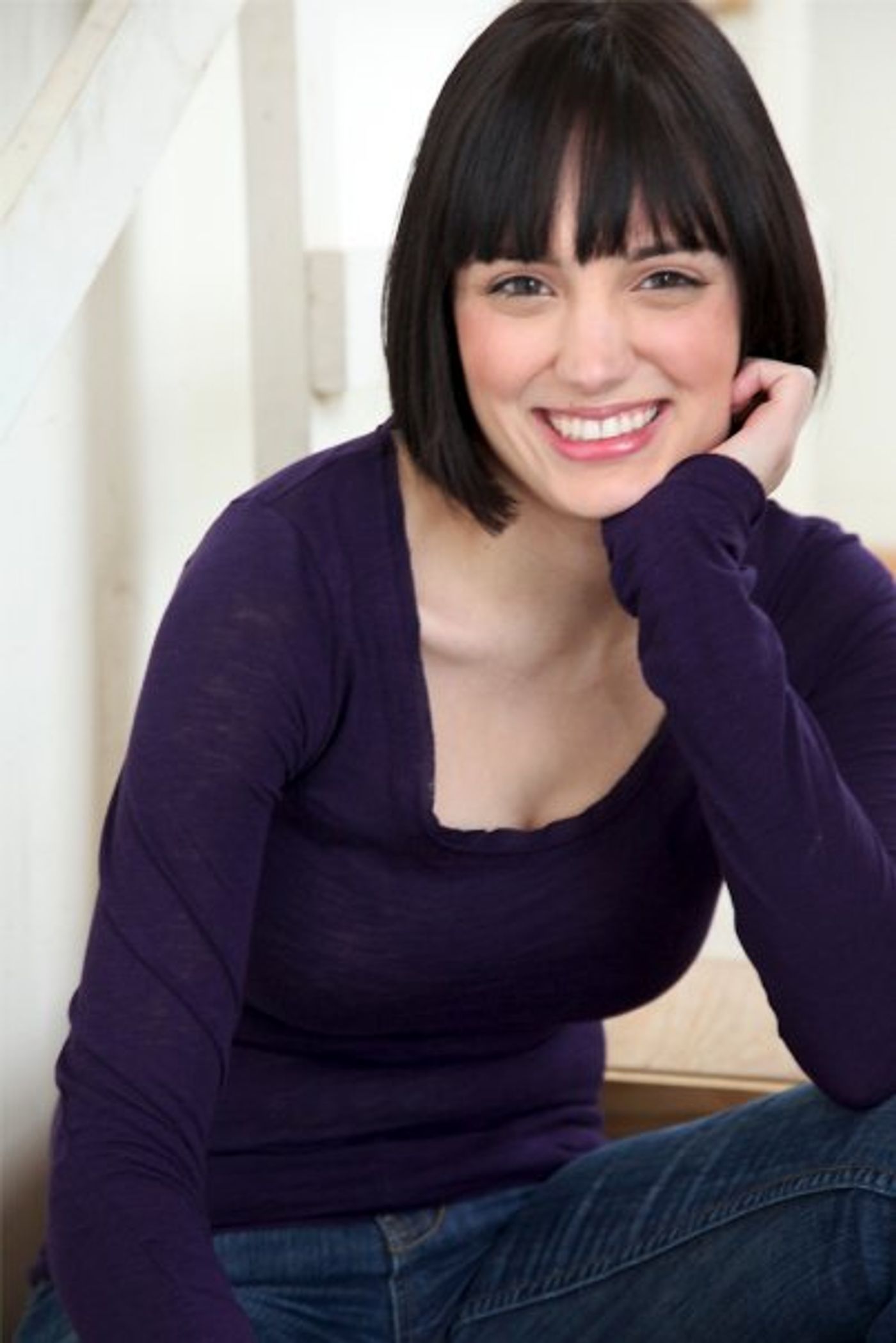
Theatre Lab is an incredible place to work. Deb and Buzz have created an environment where everyone really cares about one another. They were incredibly supportive during some of the most difficult points of my life. They model compassionate leadership to their staff, and care about us as whole people who have lives outside of work. I feel very fortunate to have landed at The Theatre Lab and am extremely grateful for their support both professionally and personally over the last eight years.
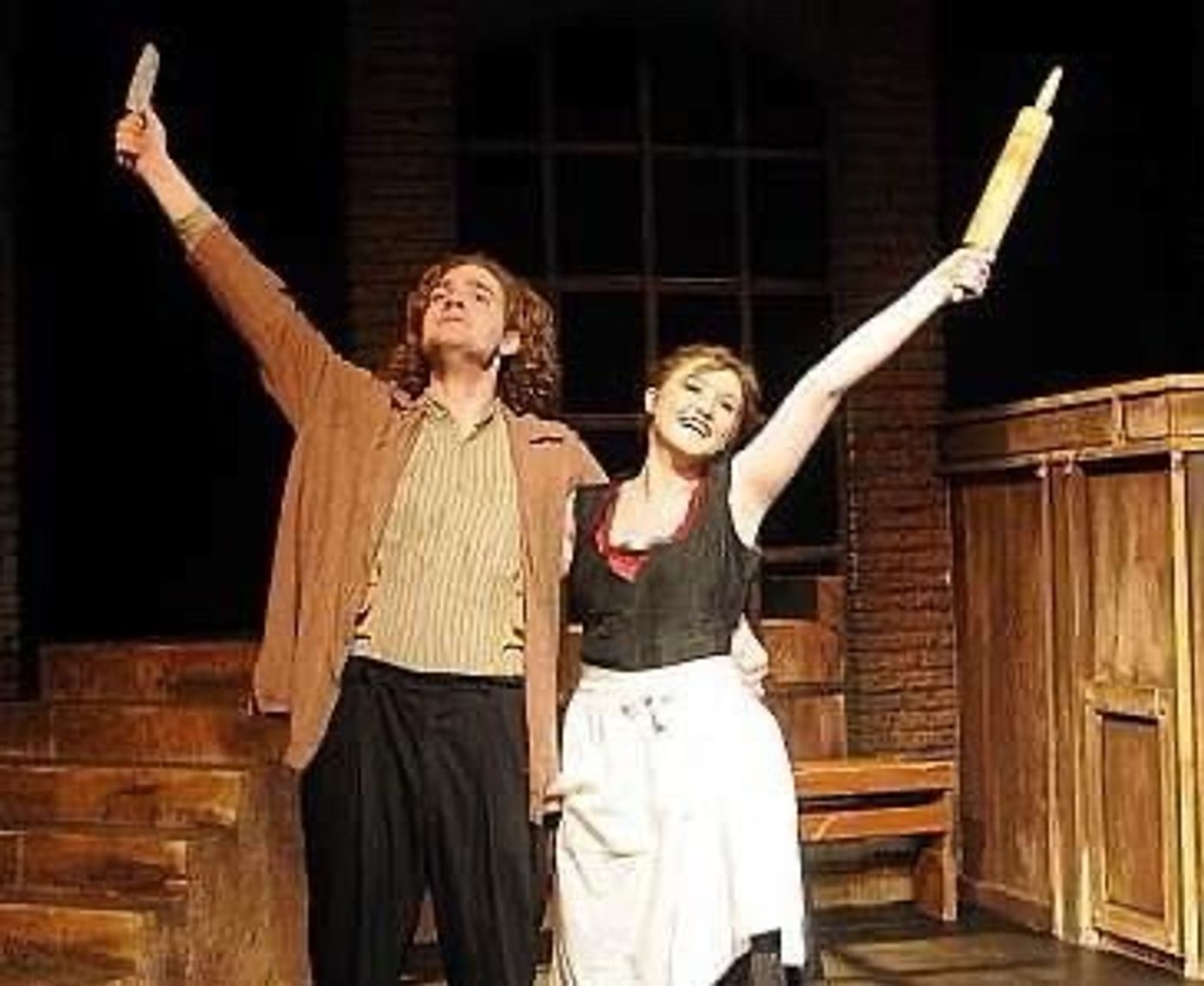
Theatre Lab School of the Dramatic Arts production of Sweeney Todd.
Nora is now a NY based voice teacher.
Photo courtesy of Ms. Palka.
I will never forget the moment I got the e-mail from Buzz Mauro offering me the role as Mrs. Lovett in Sweeney Todd. Seriously! It was a Sunday in 2008 and I was in the kitchen frying pierogis with my parents. The memory is vivid, only because it would go on to be one of the most definitive experiences in all my years of performing. Something about Theatre Lab has always been special, but at the time I loved that the educators and directors were all professional actors and theatre artists living in DC. They could give us firsthand knowledge on the ins and outs of this business, this specific theatre community, that frankly, you can't even get from some top college programs in this country. Theatre Lab provided a safe, inclusive learning environment where we were free to explore our talent, engage with one another and have fun, while also giving us an authentic look into what it feels like to put together a professional production. There was no sugar coating anything. There was never a moment when I or anyone in the cast was treated like an amateur at summer camp.
Over the span of about 3 weeks, we rehearsed everyday for 8 hours, just like the pros do and produced a piece that was far beyond the realm of what I thought high school students were even capable of. For the first time in my life, I was surrounded by people who loved theatre as much as I did, who were devoted to their craft and honed their talent to leave it on stage for the audience to interpret however they pleased. Everyone was so dedicated to the project that we invigorated and inspired one another to work to the best of our ability. It was the pure, unadulterated magic of theatre making that I fell in love with as a child before I even set foot on a stage or even knew what it meant. Theatre Lab showed me what it meant. I wasn't used to that from my previous theatrical experiences, mostly community and high school theatre.
Even now as a voice teacher in NYC, when I have young students just out of college book their first professional job, that first big lucky break, and they're feeling the feeling I know so well, I always tell them about my first "big break" and to soak it in. Followed by other notable memories of getting jobs I really wanted, Theatre Lab was the first. It wasn't a "job" per se, but because of the level of professionalism Theatre Lab is dedicated to providing its students, now many years later, I can safely say it helped shape me into the performer and human I am today.
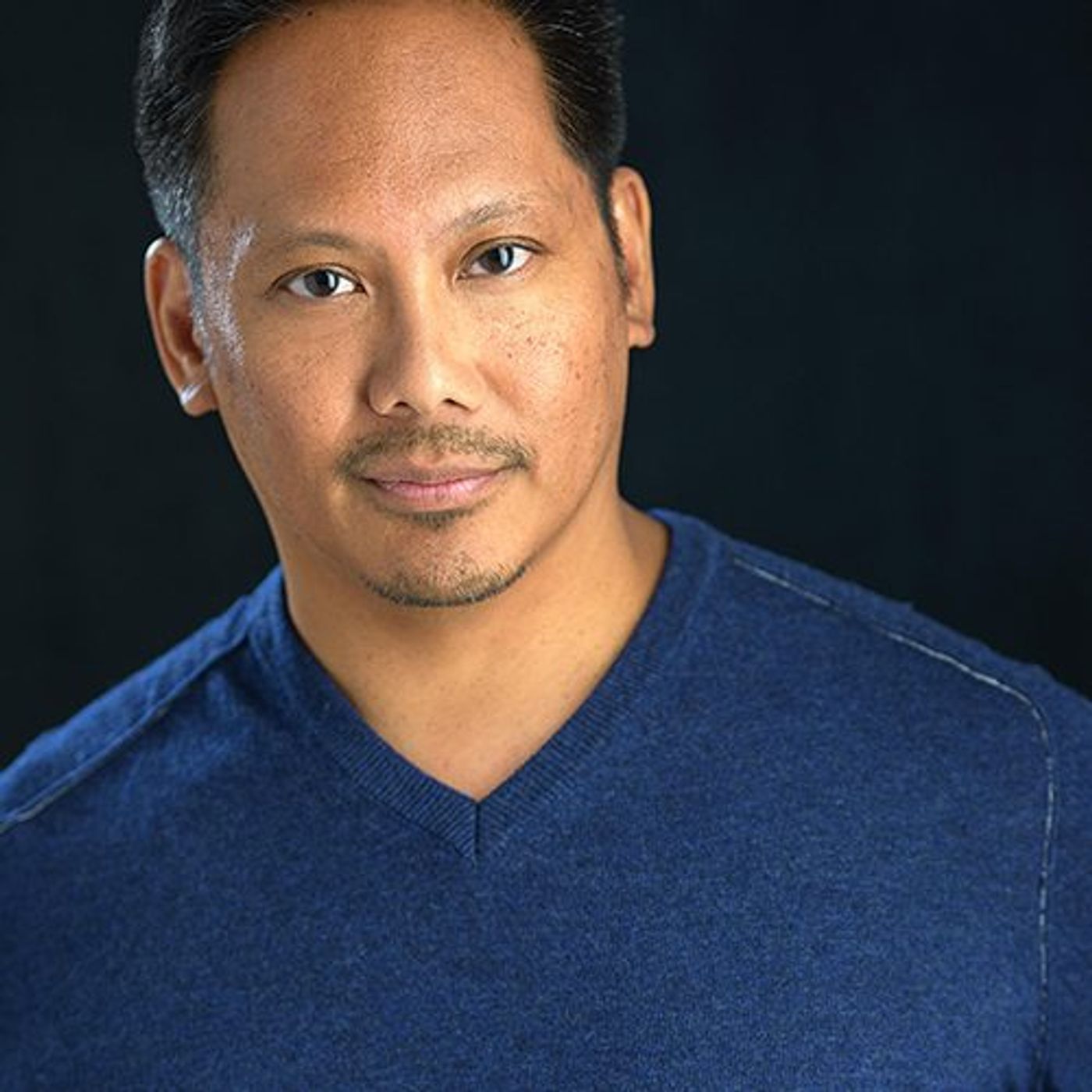
Cogent Theater Collective Diego Maramba.
How did the Honors Acting Conservatory program help you when it came time to form Cogent Theater Collective?
Through the Honors Acting Conservatory at The Theatre Lab School of the Dramatic Arts, Deb, Buzz, and Kim nurtured my development as a primary artist. This began with intensive partnered scene work to build multi-dimensional characters, and naturally evolved into self-direction of our assigned scenes. Shortly after completing the Honors Conservatory, an actor/director friend and I were discussing a play he wanted to direct upon first reading, twenty years ago. Almost by instinct, I posited the question "how can we tell that story?" Within an hour of listing what was needed to self-produce this show, we had options for all our key questions including: choice of venue, designers, auditions, rehearsal schedule, etc. The name, Cogent Theater Collective, came later when we had to provide a theater company name to apply for licensing rights to stage Closer by Patrick Marber.
The initial March 2020 staging of Closer was shut down just a week before opening due to the pandemic. It was devastating as we felt that our "little engine that could" was stopped dead in its tracks. The team stayed in touch, however, and when Silver Spring Stage proposed that we co-produce the show as part of their 2022 season, it felt like the right time and place to bring the team back together. Closer recently completed a ten show run and has received rave reviews for the quality of directing, acting, and general storytelling. We did it, we staged a show! There are many reasons for this story ending well. What stands above all else is the confidence The Theatre Lab instilled in me as a primary artist who does not ask for permission to tell stories. We simply form a theater company and play.
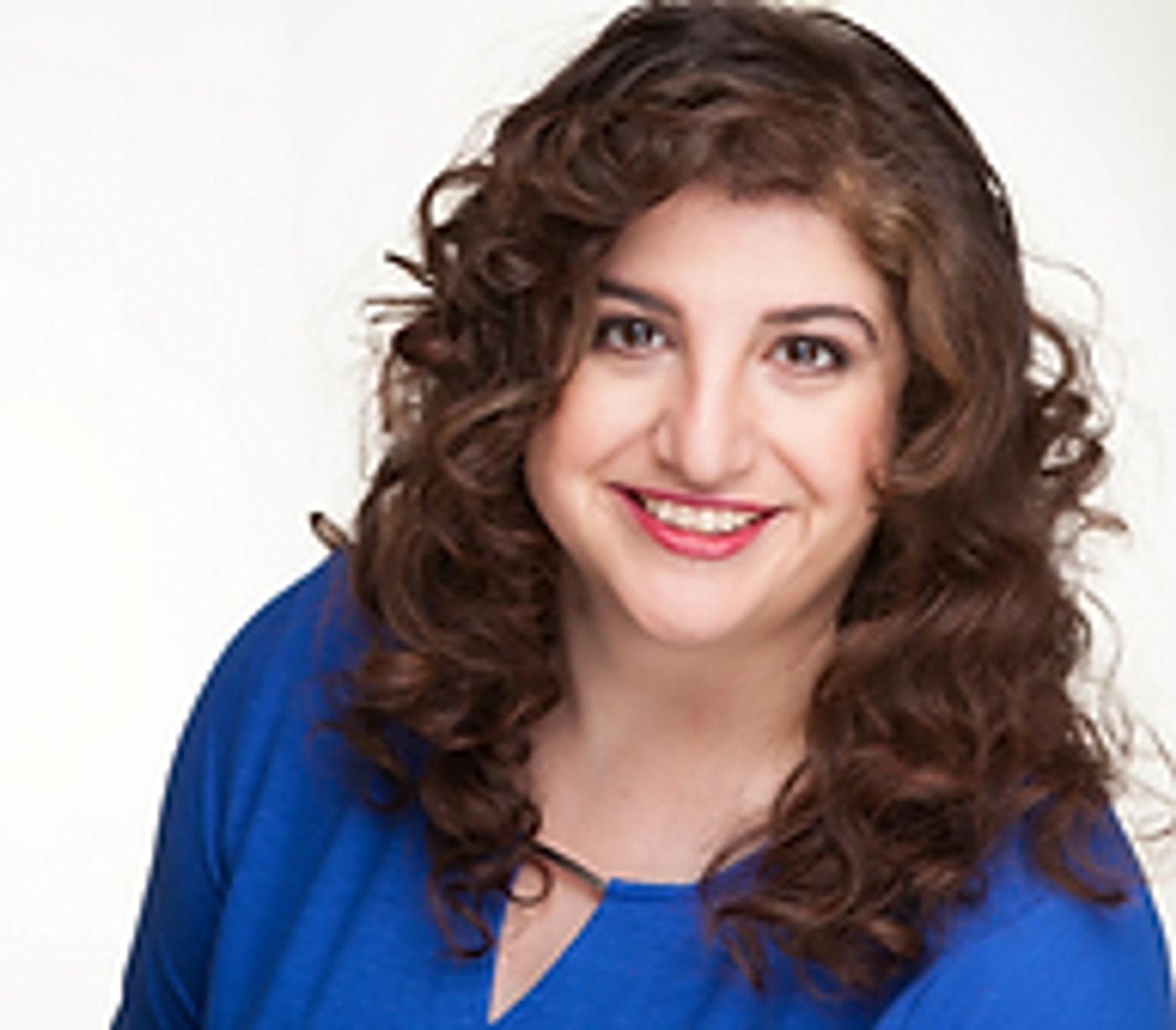
Can you please talk about how you came to Theatre Lab?
I came to The Theatre Lab on a New Year's resolution to try something new. An annual resolution I know I can keep. I had always loved acting, performing and public speaking. I had been doing comedy improv for a few years (also started that as a New Year's resolution), but I had never formally trained as an actor, and I wanted to do something more serious and professional so I could grow as a performer and get involved with the DC theatre scene. I also needed something that fit with my work schedule as an attorney, and The Theatre Lab was located just blocks from where I worked.
How did Theatre Lab help you grow as a performer?
I think one of the benefits of the formalized training offered at The Theatre Lab was that it allowed me to stretch my skills in a positive, supportive environment. I also appreciated that the make-up of the students was diverse. In terms of acting, I really learned more about all the dimensions of me and what I could do on stage and off.
When I came into The Theatre Lab's Honors program, I was a performer/producer, and when I came out, I was confident that I was a multi-hyphenate: actor-writer-director-producer. I went from being a cup of coffee to a cappuccino with a double shot of espresso and a pinch of cinnamon! I say that because my peers in the Honors program wanted a way for us to all perform together, so I wrote a couple of short plays for us. It was the first-time I had written something of that length and type, and I wouldn't have been willing to take a crack at it had it not been for the supportive and encouraging environment at The Theatre Lab. I produced my short plays for us along with other short plays written by my Honors peers through my theatre company, LIT Comedy. We put up our own show with our own content! It's one of my favorite memories, and of course, performing with professional actor, Michael Russotto, in The Theatre Lab's Dramathon. I really value my experience, training, opportunities and happy memories from The Theatre Lab. It was one of the steps I needed to take along my journey to becoming a represented screenwriter and multi-hyphenate. Congratulations to The Theatre Lab on their milestone and helping others to create their own!!!
.jpg?format=auto&width=1400)
I am forever grateful to the Theatre Lab (and to Deb and Buzz) for pushing me out of my comfort zone as an artist and performer. Art requires risk-taking, giving up the idea that there's a "right" way to do it. The Theatre Lab has been such a safe and welcoming place for me to grow, to try things, to fail, to try again - and I carry these lessons with me into my personal and professional lives as an actor, a singer, a songwriter, and a human being. Here's to 30+ more years of being hands-down the best place to nurture artistic talent in the region!
I could not have said it better myself. Happy 30th anniversary to the Theatre Lab School of the Dramatic Arts. Here's to many more years of giving and creating arts education excellence!!
Videos

